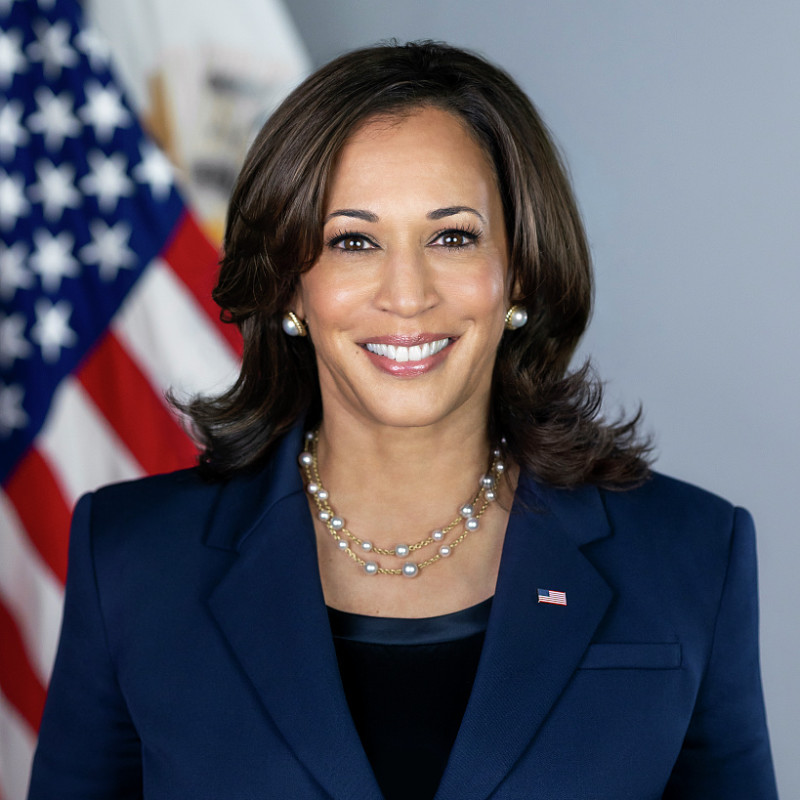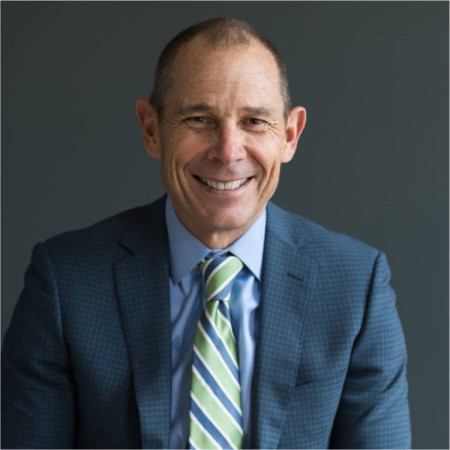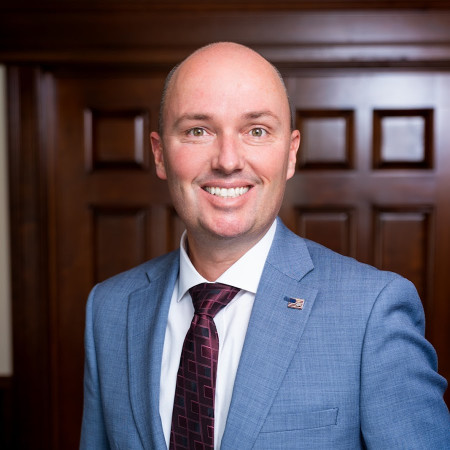Too much of our election law has been written not with the intent to put the power of choice into the hands of the people, but to keep the power in the hands of the parties. A handful of reasonable changes could shift that power back where it belongs.

Ranked-choice Voting
By ranking your candidate preference, rather than having to pick only one, you can express your true opinions, and decide the cascade of where your vote goes. This reduces your need to compromise on a candidate or feel you’re throwing away your vote by voting third party.

Open Primaries
Opening party primaries to all voters incentivizes candidates to appeal to all voters — thereby moderating their policies and messages rather than playing to party extremes.

Term Limits
Making politics less of a career, and more of a “tour of service” for well-meaning citizens would attract a wider field of upstanding patriots concerned more with the country than upcoming elections.

End Gerrymandering
The intentional dilution of political diversity runs against the foundational principals of democracy. That very diversity balances political forces away from the extremes.

Staggered Elections
Splitting elections for political offices into different years would minimize “down-ballot” effects of big-ticket elections, leading to results that more accurately reflect the will of the people.

Polling Accessibility
When voting barriers are high, only the most impassioned voters withstand the inconvenience to vote. Safe mail-in ballots, extended hours, smaller local polling locations, and even secure mobile voting could cast a broader net in the electorate.

Campaign Finance Reform
When it comes to money in politics, the wealthy simply have more power. Efforts to even the playing field with stricter donation caps, reigning in political action committees, and others would give greater influence to the average citizen.




